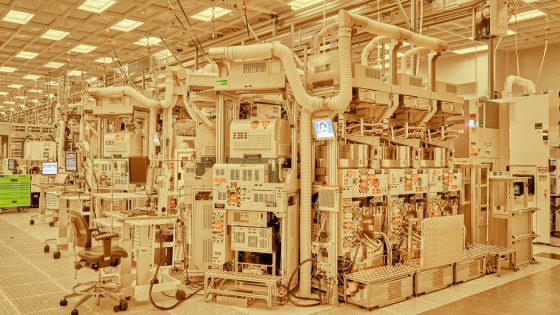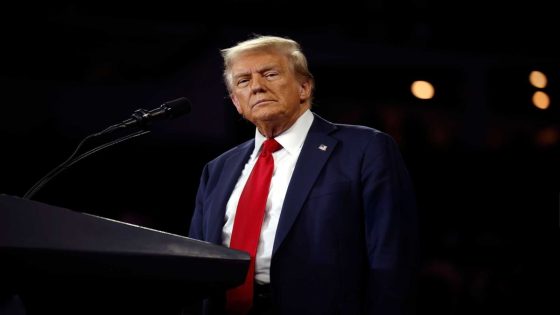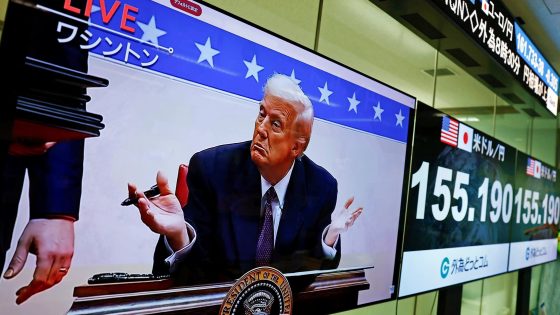Intel is considering a significant operational shift, potentially transferring control of its chip-making plants to Taiwan Semiconductor Manufacturing Company (TSMC) with assistance from the Trump administration. This development comes as Intel aims to rejuvenate its standing in the semiconductor industry.
- Intel seeks to restore its reputation
- Collaboration with Trump administration underway
- TSMC to control Intel's manufacturing business
- Majority stake includes consortium of investors
- Howard Lutnick involved in negotiations
On February 15, 2025, discussions involving Frank Yeary, Intel’s interim executive chairman, and key figures from TSMC and the Trump administration have reportedly taken place, focusing on separating Intel’s manufacturing operations from its design and product divisions.
Intel’s potential partnership with TSMC marks a pivotal moment for the company, which has struggled with manufacturing challenges in recent years. TSMC is a leader in semiconductor production, accounting for approximately 90% of the world’s advanced chips. The proposed deal would allow TSMC to manage Intel’s manufacturing operations while Intel focuses on its design and product development.
Key details surrounding the negotiations include:
- TSMC would gain control of Intel’s manufacturing business.
- A consortium of investors, possibly including private equity firms and tech companies, may join TSMC in this venture.
- The Trump administration has actively encouraged this arrangement, viewing it as a significant opportunity for U.S. semiconductor competitiveness.
Howard Lutnick, nominated for commerce secretary, is reportedly involved in these discussions, emphasizing the importance of this potential deal. As Intel navigates these talks, the outcome could reshape its operational strategy and influence the broader semiconductor landscape.
The discussions between Intel and TSMC, facilitated by the Trump administration, represent a critical juncture for Intel as it seeks to revitalize its manufacturing capabilities. The outcome of these negotiations could significantly alter the competitive dynamics within the semiconductor industry.
































